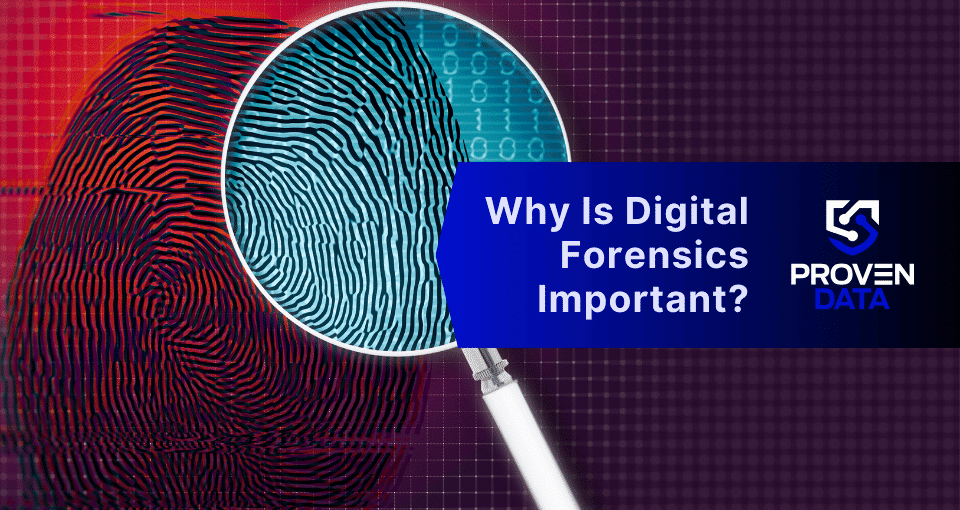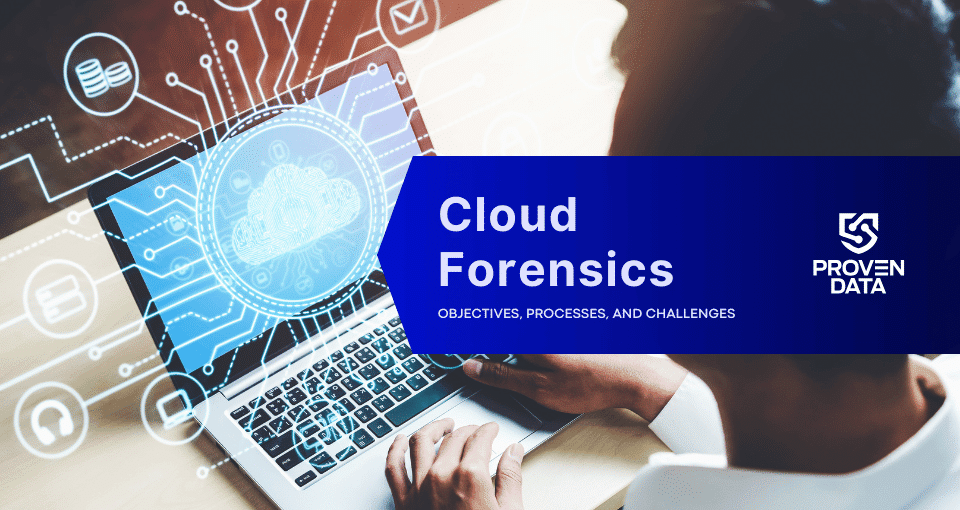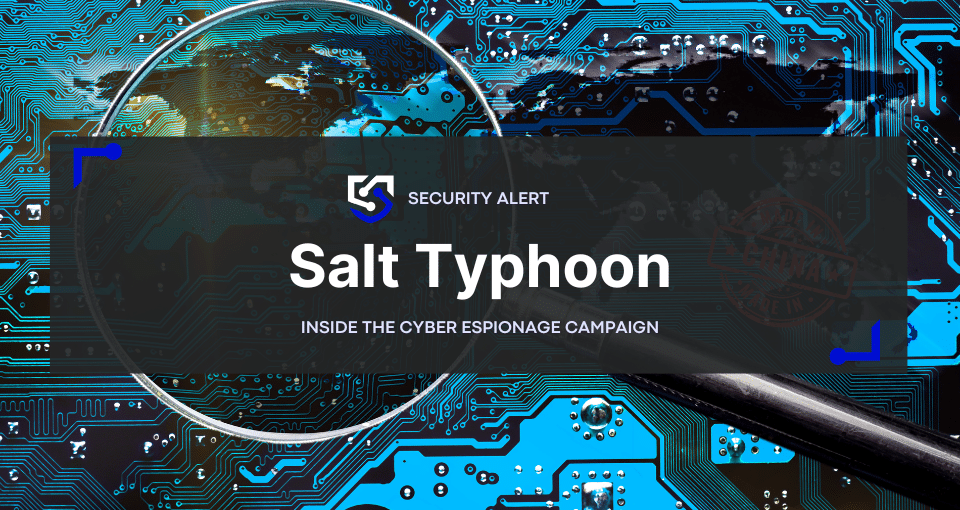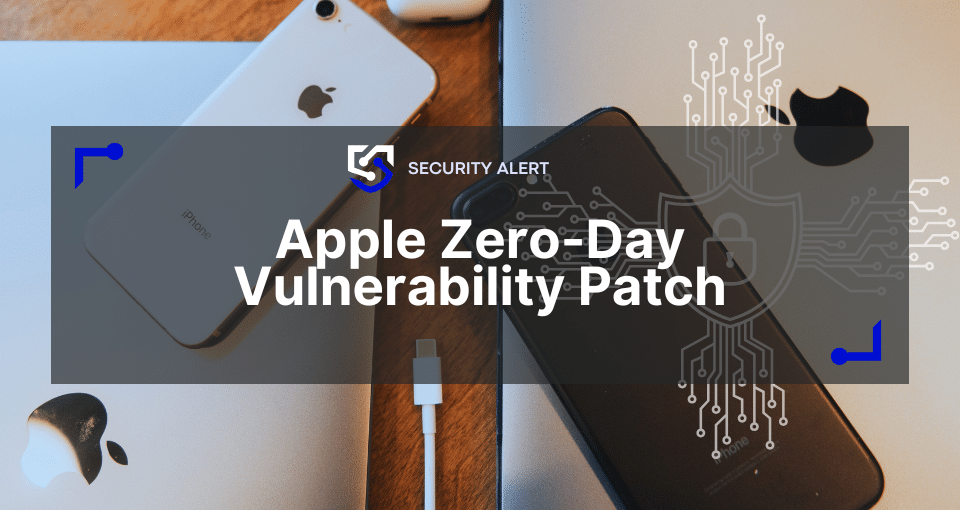Digital forensics is a branch of forensic science focused on identifying, acquiring, processing, analyzing, and reporting on data stored electronically. This specialized field is critical in investigating cybercrimes and other criminal activities by collecting and preserving electronic evidence to ensure its admissibility in court.
Why is digital forensics important?
Digital forensics is important during criminal investigations and litigations. Several companies also hire digital forensics services and professionals when there’s suspicion of corporate espionage or after a data breach or cyber attack. That’s because a digital forensics specialist can detect “footprints” of attackers and users left, being able to understand what happened, how it happened, and the dimension of the damage.
Besides that, digital forensics is important because of the following:
1. Preservation of evidence
Investigators use techniques like creating forensic images to preserve data in its original state, preventing any alterations that could compromise its validity. This meticulous approach helps build strong cases, increasing the chances of successful prosecutions by providing clear, undeniable proof of digital activities.
2. Cybercrime investigation
Digital forensics is crucial for tracing the origin of cyber-attacks and identifying perpetrators. Forensic experts can use detailed analysis of digital footprints to uncover how an attack was carried out, the methods used, and the individuals or groups responsible. This not only aids in bringing cybercriminals to justice but also helps recover stolen data and understand the full scope of the attack, which is essential for mitigating its impact.
3. Incident response
By systematically analyzing digital evidence, forensic experts can contain the damage, identify vulnerabilities, and develop strategies to prevent ransomware attacks. This thorough approach to incident response ensures that organizations can quickly recover from breaches and strengthen their defenses against future threats.
4. Protection of corporate interests
Forensic experts help maintain data confidentiality and protect sensitive information by investigating suspicious activities and uncovering evidence of wrongdoing. This safeguards the organization’s reputation and ensures compliance with internal policies and external regulations.
5. Legal proceedings
Digital forensics plays a pivotal role in legal disputes by extracting critical evidence and analyzing digital data to prove the authenticity of electronic evidence, linking suspects to crime scenes, or verifying claims in civil cases. This robust evidence can strengthen legal cases, providing clear, objective proof that supports legal arguments and decisions.
5. Legal proceedings
Digital forensics plays a pivotal role in legal disputes by extracting critical evidence and analyzing digital data to prove the authenticity of electronic evidence, linking suspects to crime scenes, or verifying claims in civil cases. This robust evidence can strengthen legal cases, providing clear, objective proof that supports legal arguments and decisions.
6. Regulatory compliance
Many industries must adhere to strict regulatory standards determined by agencies or local data privacy and cybersecurity regulations, such as HIPAA, LGPD, AND GDPR.
Digital forensics ensures compliance by uncovering evidence of compliance violations and helping organizations implement necessary controls. Organizations can demonstrate their commitment to regulatory standards and avoid legal penalties by conducting regular forensic audits and investigations.
How does digital forensics work?
Digital forensics involves collecting data from electronic devices, preserving its integrity by creating forensic images and analyzing them using specialized tools to extract meaningful insights and evidence.
This process concludes with a detailed report that outlines findings, identifies culprits, if possible, and provides recommendations to prevent future incidents.
The process of digital forensics involves several key steps:
- Data Collection: Forensic investigators collect data from various sources, such as computers, mobile devices, and network logs. This stage is crucial for preserving the integrity of the evidence and often involves creating a forensic image—a bit-by-bit copy of the device’s storage media.
- Examination: Investigators search for signs of malicious activity, including altered files, suspicious connections, and phishing emails.
- Analysis: Investigators use specialized forensic tools to process and correlate digital evidence to extract meaningful insights. This step may involve referencing threat intelligence feeds to link findings to specific threat actors.
- Reporting: A comprehensive report is compiled, detailing what happened, identifying culprits if possible, and providing recommendations to prevent future incidents.
Examples of digital forensics use
Digital forensics are used in several situations, increasing their importance in criminal and corporate sabotage investigations. Digital forensics can find a culprit or prove innocence.
These are a few of the possible uses for digital forensics:
Hacking and identity theft
Digital forensics can identify hackers’ methods, trace their activities, and help recover compromised data. For example, forensic investigators can analyze network logs, phishing emails, and malware to pinpoint an attacker’s source and understand how it was executed, leading to the identification and apprehension of cyber criminals.
Employment disputes
Digital forensics can uncover emails, messages, and other electronic communications that provide evidence in cases of wrongful termination, harassment, or other employment disputes.
Intellectual property theft
Forensic investigators can track unauthorized access and copying of proprietary information, aiding in protecting intellectual property. By analyzing file access logs, email exchanges, and other digital footprints, forensic experts can identify individuals responsible for stealing or misusing intellectual property and provide evidence for legal action.
Financial fraud
By analyzing transaction records, communication logs, and other digital evidence, digital forensics helps uncover and investigate fraudulent activities within financial institutions. Forensic experts can trace the flow of funds, identify suspicious transactions, and link them to individuals or groups, providing crucial evidence for financial fraud cases.
Data recovery
Digital forensics can recover deleted files, emails, and other important data that might be crucial for investigations or legal proceedings. Forensic experts can use advanced recovery techniques to retrieve data from damaged or corrupted storage media, ensuring that valuable information is not lost and can be used as evidence.







